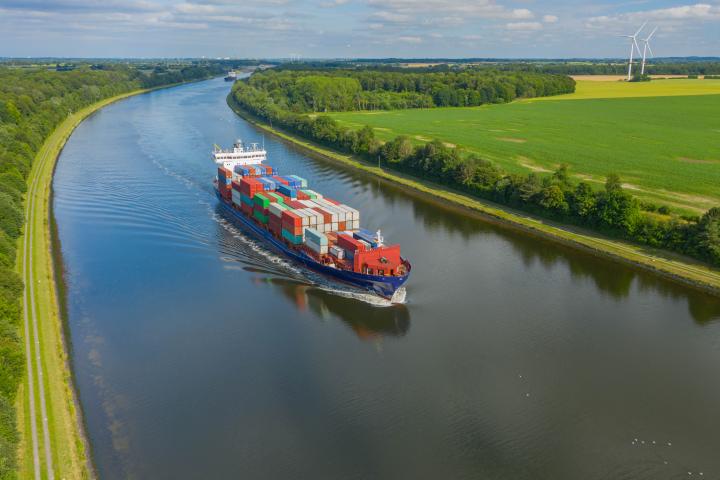The importance of collaboration in shipping

A new report on results from a research project conducted by IVL, SSPA and Green Consulting Group explains the importance of collaboration between shipping companies, transport buying companies, freight forwarders and ports for the competitiveness of short sea shipping.
For a long-term sustainable transport system, there is a potential to choose short sea shipping instead of road transport within Sweden and Europe to a greater extent than today. Identified reasons why this potential has not been realized include lack of cooperation between the key players in the industry.
The IVL report (in Swedish) ”Aktörssamverkan för ökad och hållbar närsjöfart” reports on results from a research project conducted by IVL, SSPA and Green Consulting Group. The purpose of the project was to understand how increased and more sustainable short sea shipping can be achieved based on shipping companies’ ability to develop competitive transport solutions in collaboration with cargo owners, freight forwarders and ports. The report explains the importance of collaboration between shipping companies, transport buying companies, freight forwarders and ports for the competitiveness of short sea shipping.
Two cases were studied where the first case featured the start-up of a short sea shipping container service and the second an existing container service connecting Sweden and Poland, including both short sea shipping container for the European market and feeder containers to be transshipped to/from ocean going ships. The report delves into the role taken by the actors involved and the limited interaction between them, how cargo is attracted and matched with the short sea service and how factors relating to the business model of shipping companies can affect a modal shift.
The study revealed limited contact and information transfer between shippers and shipping companies, which is negative for increased use of short sea solutions because it hampers the identification of opportunities and does not provide favourable conditions for trust in reliability and long-term partnership. In both cases the ports acted as intermediary conveying contacts between shipping companies and shippers. The report further explains how differences in the shipping companies’ business model, with a focus on feeder cargo vs. short sea cargo, create different conditions for starting and operating liner services. Further, the report outlines important environmental initiatives within shipping.


